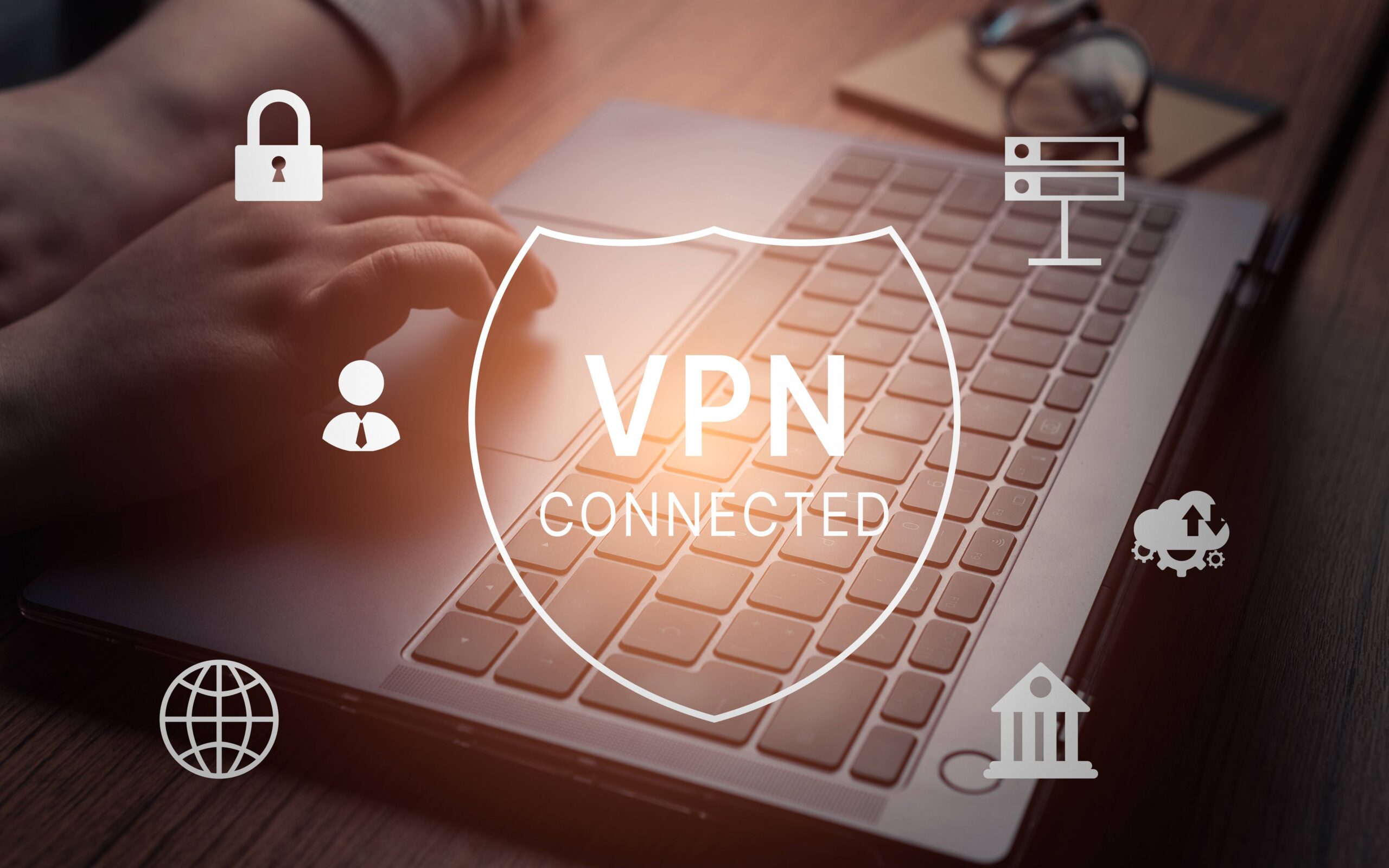VPNs: Protecting Your Privacy and Safety Online
Updated: Feb 02, 2026
Every time you browse the internet, you leave behind digital footprints—data that hackers, advertisers, and even your internet service provider can track. A Virtual Private Network (VPN) gives you a way to browse more privately by encrypting your connection and hiding your online activity. Discover how VPNs work, why they matter, and how to choose one that actually protects you.

Why Online Privacy Is at Risk
Most people don’t realize how much information gets exposed when they go online. Your internet provider can see the websites you visit. Advertisers track your clicks to build detailed profiles. Hackers on public Wi-Fi can intercept your data, capturing everything from login details to payment information.
This makes your browsing habits valuable not just to marketers, but also to cybercriminals. Without added protection, your personal information can be vulnerable every time you connect.
How a VPN Protects You
A VPN creates a secure “tunnel” between your device and the internet. Instead of connecting directly to a website, your traffic is routed through a VPN server that masks your IP address. The data is encrypted, which means even if someone intercepts it, they can’t read it.
This does three things:
-
Protects your privacy by preventing your ISP and advertisers from tracking your activity.
-
Keeps you safe on public Wi-Fi, where unsecured networks can expose your data.
-
Gives you more control by letting you appear as if you’re browsing from another location, which can also help you bypass certain geographic restrictions.
Everyday Situations Where a VPN Helps
Using a VPN isn’t just for tech-savvy users—it protects in practical, everyday ways. Imagine logging onto airport Wi-Fi to check your bank account. Without a VPN, that connection could expose sensitive details. Or think about streaming at home; without a VPN, your provider may throttle your speeds based on what you’re watching.
For remote workers, VPNs are essential for securing company data when connecting from outside the office. Even casual users benefit, since VPNs reduce the amount of personal information available to online trackers.
Choosing the Right VPN
Not all VPNs are created equal. The most important factors to consider include:
-
No-log policies – Make sure the provider doesn’t store records of your online activity.
-
Encryption strength – Look for services that use advanced protocols like AES-256 encryption.
-
Server locations – More servers and countries give you better speed and flexibility.
-
Device compatibility – Ensure it works across phones, laptops, and tablets.
-
Reputation and transparency – Well-reviewed providers like ExpressVPN, NordVPN, and ProtonVPN publish independent audits to prove their privacy claims.
Be cautious about completely free VPNs—many make money by selling user data, which defeats the purpose of having a VPN in the first place.
VPNs and Streaming
One of the most popular uses of VPNs is streaming content from other regions. Many services limit shows and movies based on where you live, but a VPN can make it appear as though you’re browsing from a different country.
Keep in mind that streaming platforms are increasingly trying to block VPN traffic, so results can vary depending on the provider. Choosing a VPN with strong server networks increases your chances of success.
VPNs Aren’t a Cure-All
While VPNs significantly improve privacy, they aren’t a magic shield. They can’t stop phishing scams, malware, or poor password habits. You’ll still need to use strong, unique passwords, keep your devices updated, and be cautious about the links you click.
Think of a VPN as part of a broader security toolkit. It complements other protections like antivirus software, password managers, and two-factor authentication.
The Bottom Line
A VPN is one of the simplest ways to take control of your online privacy and protect yourself from hackers, trackers, and data collectors. By encrypting your connection and hiding your IP address, it keeps your browsing more secure—whether you’re working, streaming, or just scrolling.
If you value your privacy, explore reputable providers and consider adding a VPN to your daily routine. In today’s world of constant surveillance, keeping your data private isn’t just smart—it’s essential.
Sources

